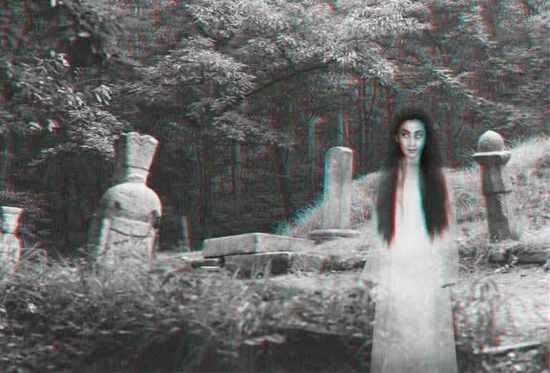Some native Indonesian ethnic groups that were isolated from the rest of the world until recent centuries have their own native myths and gods. These native mythologies are relatively free from foreign influences, such as Torajans, Nias, Bataks, Dayaks and Papuans. By contrast, Javanese, Balinese, and to some degree Sundanese were influenced by Hindu-Buddhist Indian mythology as early as the 1st century CE. Hindu gods, legends and epics such as Ramayana and Mahabharata were adopted and adapted into a uniquely local form.
Many Hindu-Buddhist mythical beings have a role in Javanese and Balinese mythology, including of Hindu gods and heroes, devatas, asuras, apsaras (known as hapsari or bidadari), kinnaras, etc., while native gods of nature such as Semar, Dewi Sri, and Nyai Loro Kidul are either given identified as their Hindu counterpart or incorporated into a Java-Bali Hindu pantheon unknown in India. For example, native rice goddess Dewi Sri are identified with Lakshmi the shakti of Vishnu, and Semar and his sons the Punakawans are incorporated into the epic of Mahabharata in Javanese wayang kulit, as the clown servants of the Pandawas. Several names refer to gods, such as dewa (devas), dewi (devi), dewata (devatas), and in native traditions usually referred to as Batara (male god) and Batari (female goddess). These names are similar to the native Philippines mythology of Bathala and Diwata.
After the coming of Islam to the Indonesian archipelago, Islamic mythology especially those dealing with spiritual beings, such as devils, demons, jinns and angels entered Indonesian mythology. In Sumatra, Malay, Aceh and Minangkabau mythology was almost entirely supplanted by Islamic mythology. However, belief in local spirits such as the forest guardian, the ghost of water or haunted places still exists, often associated with a jinn or the tormented soul of a deceased human.










